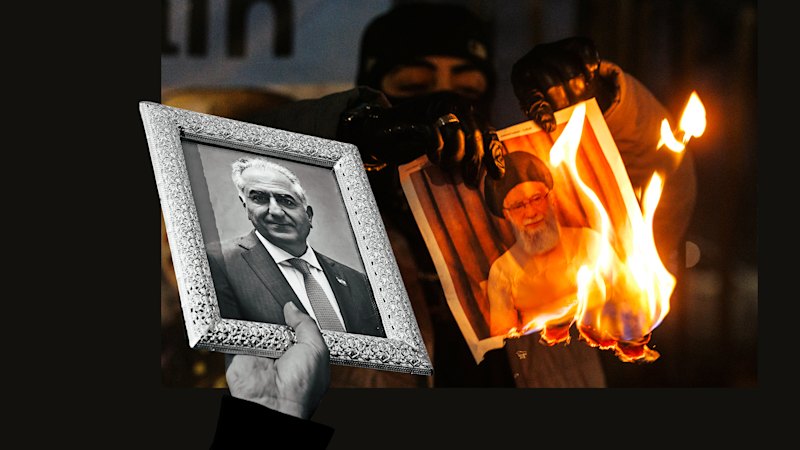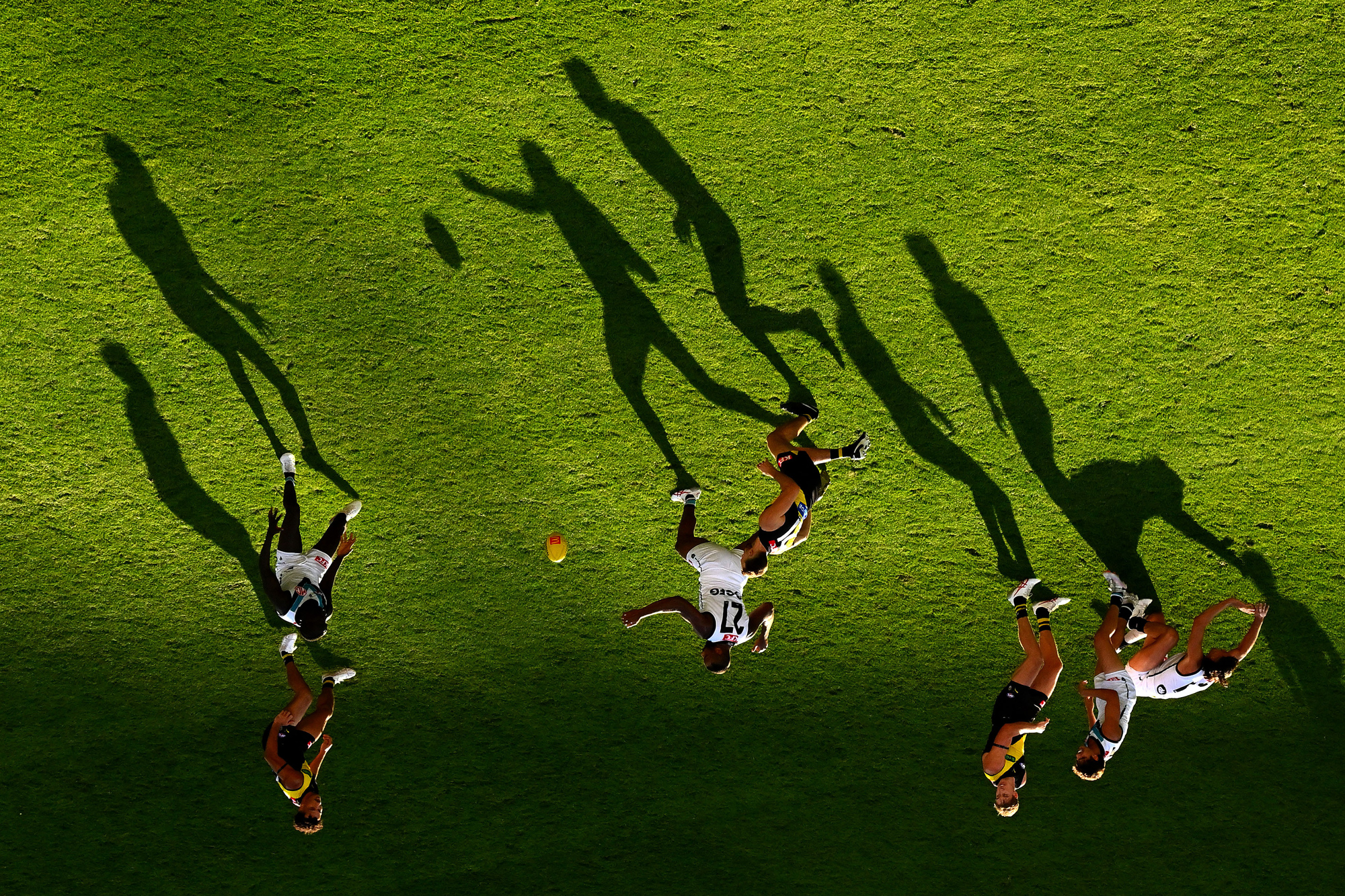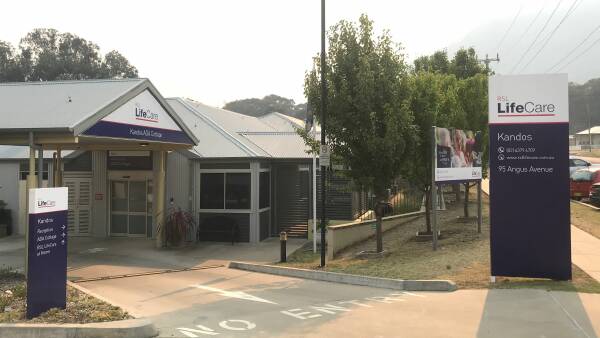
In early 2024, the National Australia Bank (NAB) found itself at a pivotal moment as it prepared for leadership changes. After over three years of steadying the institution, outgoing CEO Ross McEwan was set to hand the reins to Andrew Irvine, previously the bank’s business banking chief. During a recent staff Q&A, a seemingly light-hearted comment by Irvine regarding his drinking habits has ignited discussions that touch on leadership expectations and corporate culture.
The phrase “Less is more in ’24” emerged as a guiding principle for the bank in the new year, reflecting McEwan’s approach to simplifying operations amidst complexity. During the Q&A, when asked what he would be doing less of in 2024, Irvine responded with a joke: “drinking.” The remark elicited laughter from the audience, but it has since taken on a more serious tone following comments raised by fund managers regarding Irvine’s drinking at client events.
At a lunch with NAB chairman Phil Chronican and director Simon McKeon last month, Crispin Murray, head of equities at Pendal, reportedly questioned whether Irvine’s alcohol consumption at customer events might be excessive. This concern prompted discussions among senior directors about monitoring management’s behavior, although shareholders were not informed of these considerations.
The bank’s communications department issued a statement more than 24 hours after the inquiries, asserting that “the Board’s support for Andrew and his team is unchanged.” There has been no disciplinary action against Irvine, who has not publicly addressed the situation.
Concerns regarding excessive drinking in corporate settings are not new. Anecdotes of employees indulging at company-sponsored events have circulated for years. UK political figure Nigel Farage famously referred to such gatherings as “proper f—ing lunches,” where drinking was part and parcel of the experience. While a relaxed atmosphere can foster relationships, the modern corporate landscape is increasingly scrutinizing such behaviors.
Questions linger about whether these drinking complaints would have surfaced had Irvine’s performance been outstanding. Since his appointment as CEO, NAB’s business banking unit, which he previously led, has seen a decline in market share, losing nearly 1 percent to competitors like Westpac and Commonwealth Bank of Australia (CBA).
In an effort to strengthen leadership, Irvine announced the recruitment of Canadian banker Andrew Auerbach to replace Rachel Slade, who left earlier in the year. This strategic move aims to bolster the division’s performance, which is crucial for NAB’s overall success.
The dynamics of Irvine’s role as CEO remain complex. While his previous position made him well-liked among clients, the expectations associated with his new title demand a careful balance between fostering relationships and maintaining professionalism.
As the year progresses, the question remains: has Andrew Irvine succeeded in his resolution to drink less, and should the focus be on his alcohol consumption or on addressing the challenges facing NAB’s business banking division? The outcomes of these inquiries could significantly influence both Irvine’s leadership and the bank’s direction in 2024 and beyond.







